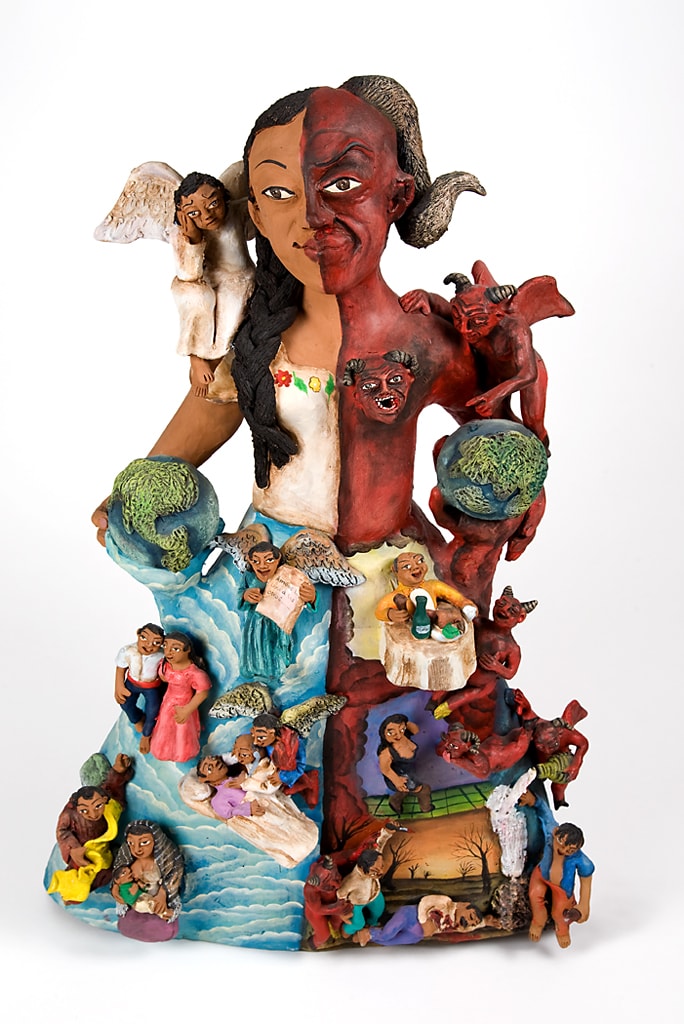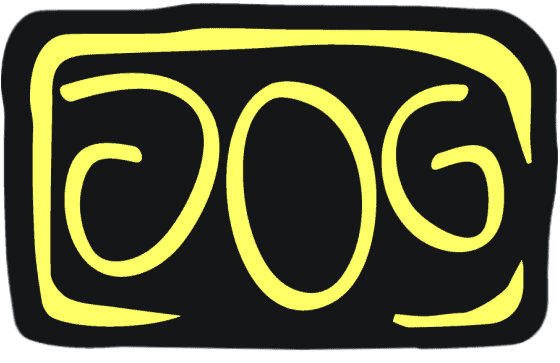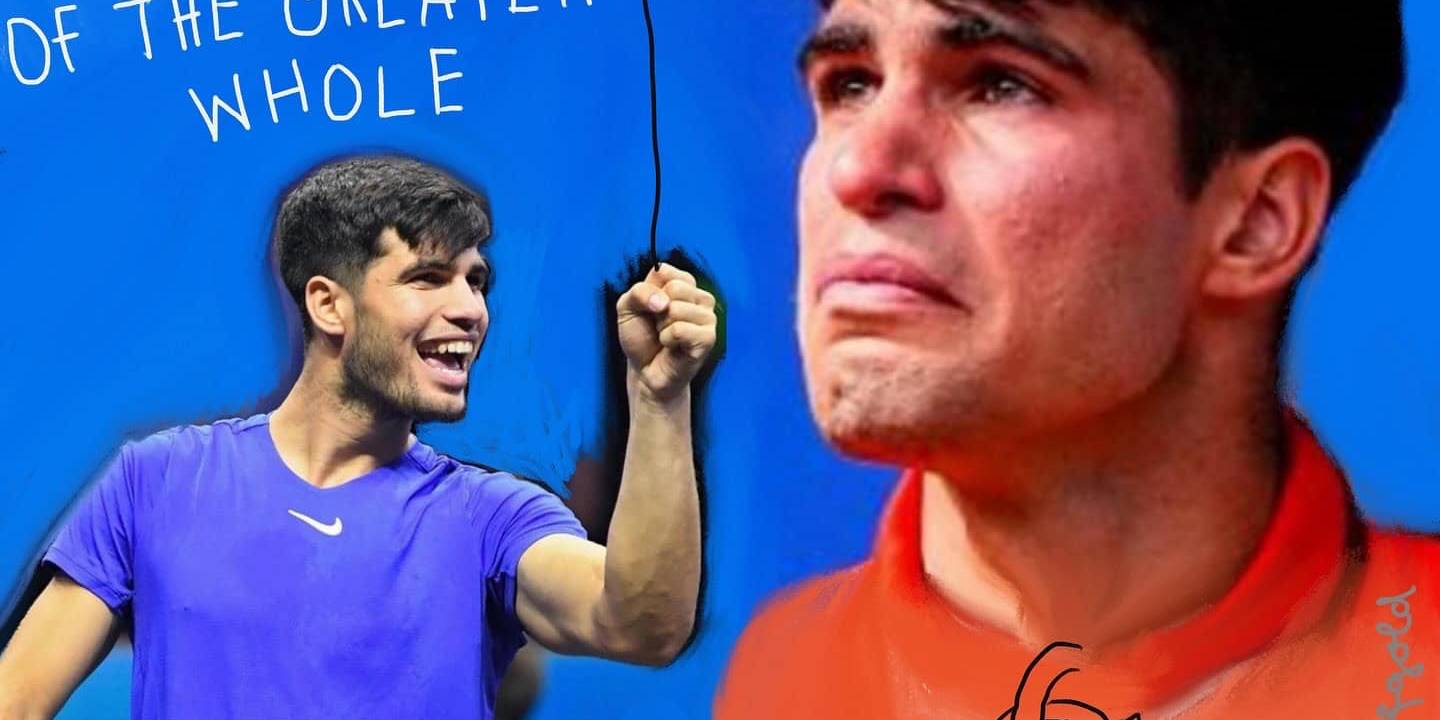If you’re tuning in just now, please read Part 1 to get the context.
Repressed feelings and hidden parts of ourselves
These patterns we’re witnessing not only shed light on societal dynamics but also strike a deeply personal chord within us. They remind us of the dynamics we experienced while growing up in our own family. We were conditioned to conform to what was deemed acceptable and unacceptable, which led us to conceal parts of ourselves that were considered undesirable.
However, those aspects we buried alive didn’t just disappear; they stayed with us, lurking in the shadows, repressed, rejected and ignored. We’ve learned all too well the consequences of suppressing our feelings and hiding parts of ourselves. They have a way of reappearing through the back door, sometimes unexpectedly, catching us off guard when we least expect it. It’s as if they choose the most inappropriate moments, revealing themselves in distorted and unsettling ways.
We used to believe that these aspects of ourselves were inherently bad, but in truth, they were simply unwanted because they appeared threatening or uncontrollable to our parents. These aspects weren’t inherently threatening on their own. Rather, they had the potential to trigger unwanted emotions and upset the emotional equilibrium of our parents. It’s possible that our parents didn’t have the necessary tools or understanding to regulate their emotions internally, leading them to resort to external control instead.

Image: Good and evil figure by Demetrio Garcia Aguilar, Friends of Oaxacan Folk Art, CC BY-SA 3.0
We were labeled as too loud, too angry, too outspoken, too sensitive, too needy, too shy, too rude, too clumsy, and the list goes on. It’s crucial to remember that these aspects of ourselves aren’t inherently negative. They aren’t something to be ashamed of or hidden away.
Creating a safe space where we can freely explore and express these dimensions without fear of judgment becomes essential. Engaging in self-reflection, seeking therapy, or confiding in trusted individuals can greatly assist us in navigating this process and wholeheartedly embracing the diverse facets of our personalities.
When we strive for true authenticity, we open ourselves up to the raw and unfiltered aspects of our being. It can be uncomfortable and unpredictable because it means stepping out of the confines of what is considered "acceptable" or "normal."
True authenticity
Indeed, true authenticity can be messier than we often perceive it to be. In a world where societal norms and expectations influence our behavior, embracing our genuine selves can feel challenging and even messy at times.
Authenticity requires us to confront and accept the entirety of who we are, including the messy and imperfect parts. It means acknowledging and embracing our flaws, vulnerabilities, and complexities, without trying to conform to external standards of perfection.
When we strive for true authenticity, we open ourselves up to the raw and unfiltered aspects of our being. It can be uncomfortable and unpredictable because it means stepping out of the confines of what is considered “acceptable” or “normal.”
We might find ourselves questioning deeply ingrained beliefs, challenging societal expectations, and expressing emotions that are often suppressed. It involves taking risks, being vulnerable, and daring to be different.

Our agency
It is crucial to recognize that while conditioning and societal influences can make it challenging to embrace true authenticity, we possess agency and the power to challenge and transcend these influences.
We can reflect on the values and beliefs we hold dear, and whether they align with our authentic selves. Through self-awareness and introspection, we can begin to identify the aspects of our identity that have been shaped by external influences, and consciously choose to redefine and reclaim our true selves.
Challenging these influences requires courage and resilience. It means stepping outside our comfort zones and embracing the uncertainty that comes with embracing our authentic identities. It involves questioning the reductionist tendency to fit into narrow boxes and instead embracing the complexity and multidimensionality of our beings.
By cultivating self-awareness, self-acceptance, and self-compassion, we can gradually break free from the constraints of societal conditioning and pave our own paths towards authenticity.
In essence, while societal influences may present hurdles to true authenticity, we possess the agency to challenge and transcend these influences. By recognizing our capacity for self-determination and making conscious choices, we can embark on a transformative journey towards living in alignment with our genuine selves.
Understanding the role of conditioning and societal influences can provide insight into the broader systemic factors at play, allowing us to navigate these dynamics with greater awareness and work towards cultivating environments that celebrate complexity, true inclusivity and authenticity.

Image: A very messy room, nate bolt, CC BY-SA 2.0
It is through this messy process of embracing our authentic selves that we can truly connect with others and live a fulfilling life. It allows us to build genuine relationships based on honesty and transparency, and it empowers us to pursue our passions and values with a renewed sense of purpose.
While true authenticity may appear messy and uncertain, it is in this messiness that we find our truest selves and unlock the beauty of living a life that is uniquely ours. Embracing the messiness is a courageous act that leads to growth, self-discovery, and a more meaningful existence.
Radiohead actively expressed their frustration with the music industry and the audience. They pushed boundaries, seeking to be recognized as a multifaceted band capable of delivering innovative and thought-provoking music. Ultimately, they refused to be defined by a single defining song and rejected being reduced to a one-trick pony.
You may also like
We are all giants
While we might identify ourselves with our small egos,…
Realizing You’re Part of the Greater Whole
Carlos Alcaraz couldn’t bring home Olympic gold for Spain.…
Breaking the Illusion: Jennifer Lopez Opens Up About Her Struggles with Low Self-Esteem
When you think of Jennifer Lopez, what comes to mind?…




